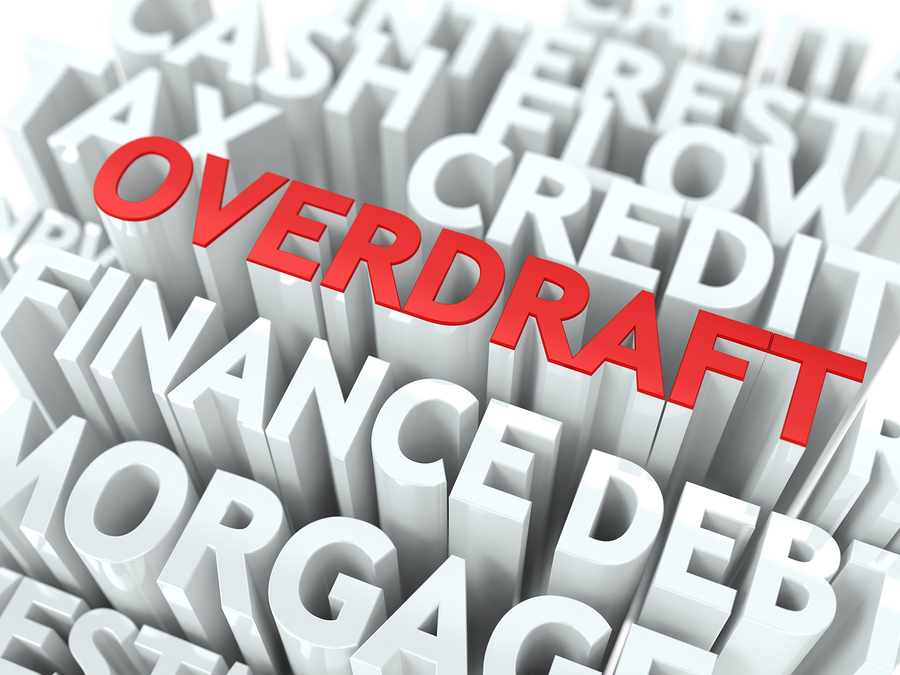Banks scoring big with overdraft protection
Have you ever swiped your debit card for a small purchase only to see on your bank statement that your $4 McDonald's lunch feast caused you a $35 overdraft fee because you really didn't have the money in your account? This and similar situations caused many consumers huge problems in the past and back in 2011, a Federal Reserve rule went into effect and changed this troublesome financial quicksand. But because banks are always looking for the next quick buck, they devised schemes to profit on those who occasionally (or even frequently) run short on cash.First we'll look at the type of overdraft fees that have been blocked by the Federal Reserve ruling to be sure your bank isn't dealing dirty with you and then we'll look at other bank products that are costing you too much and offering too little while purporting to “protect” you.
Illegal overdraft fees
In the past, debit card swipers without enough dough in their account could be hit for fees of up to $35 per transaction that they didn't have the money for. This covered not only card swiping at retail establishments but also ATM transactions. At $20-$35 a pop, that could get you in over your head quickly. Banks also adopted the policy of processing daily transactions from largest to smallest rather than in chronological order. This descending prioritization allowed them to increase the chance of being able to charge multiple overdraft fees. Wells Fargo was accused of profiteering in this regard and ordered to return more than $200 million of overdraft fees to customers.
Costly overdraft protection
Although the Fed slapped financial institutions for these aggressive profit-seeking tactics, banks were not ready to give up on this huge source of revenue. Instead, they developed a program called “overdraft protection” or some similarly named account option. This is a service you sign up for that permits your bank to continue doing what the Fed said they should not. The key difference is that now they do it with permission. Without overdraft “protection” if you try to use your debit card for an amount that exceeds your balance, your card will be declined. To me, that's fine. I would rather miss out on my morning cappuccino than pay $39 for it (even if I'm a little embarrassed to have my card declined).
How overdraft protection works
If you sign up for overdraft protection, it will cost you anywhere from free to $15 per month typically. But in fact, you'll still end up charged a fee either for each day you have an item that you don't have the funds for or for each transaction. For instance, Wells Fargo offers this service for free, but charges $35 per transaction that overdraws your account. If you have a check that doesn't clear because you don't have protection and it bounces, the business you wrote it to may charge you $25-$50. In this case, if your bank doesn't charge a fee for paying the check, you're ahead of the game. But debit card transactions or auto pays that are refused don't result in a fee from the company that you were paying so there's not much of an upside to allowing your bank to approve these when you lack the funds and charge you an exorbitant fee.
If you're deep in debt, maxed out on your credit cards, behind on your bills and overdrawn at the bank, bankruptcy can be a permanent fix to your debt dilemma. Contact the law offices of John T Orcutt for a free consultation on filing Chapter 7 or Chapter 13 bankruptcy in North Carolina.

